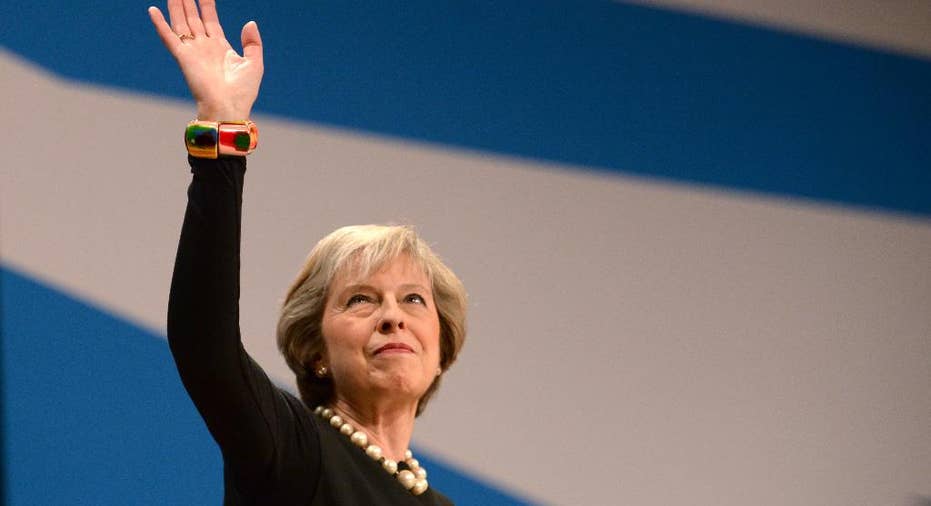Brexit: where we are now in Britain's decision to leave EU

LONDON – British Prime Minister Theresa May has outlined a broad timetable for the country's departure from the European Union. That should bring more clarity about Britain's future, right? Not necessarily.
Here's a look at where we are with Britain's EU exit, or Brexit.
___
WHAT HAPPENED
Prime Minister Theresa May offered the first clear date for the start of the Brexit process, rallying the Conservative Party troops at their annual conference with a promise to trigger Article 50 of the EU Treaty by the end of March 2017. Invoking Article 50 is the starting gun to begin formal negotiations to leave and determine what the new relationship will be like. European leaders and company executives have been pushing the government to say when it plans to trigger Article 50 so they can begin preparing for a post-EU Britain.
___
WHAT DIDN'T HAPPEN
Beyond that promise, May and her government gave no specifics on how Britain would approach the talks. The prime minister hit on the emotive issues of sovereignty, immigration and world status — suggesting that these were the pillars around which her program would be built. But even May admitted that she wouldn't offer too many specifics for fear of revealing her negotiating hand. Observers are now reading the tea leaves in a speech mostly directed at rallying the Conservative trenches. "Unifying speeches at these conferences tend to be light," said Victoria Honeyman, an expert on British politics at the University of Leeds. "I mean everyone wants a strong economy. Who doesn't want a strong economy? That's like saying we want the sun to rise."
___
THE BIG HINT
The big issue in both the June 23 referendum and in the drive to implement the result has been immigration. May hit the topic hard, saying that "we will decide for ourselves how we control immigration." She didn't spell out what she meant by "control," but the emphasis is important because it could bear consequences for the economy. The EU says that a country cannot retain access to the region's common market — the world's biggest tariff-less economic bloc — without also accepting the free movement of workers. So any restrictions by the U.K. on immigration are likely to result in barriers to trade between Britain and the EU, said Jonathan Portes, a senior fellow at the National Institute for Economic and Social Research. That is likely to hurt British companies in the long term.
___
WHAT MARKETS THINK
Her emphasis in controlling immigration — rather than seeking strong ties to the EU's common market — prompted investors to sell the pound, which was down a sharp 0.9 percent at $1.2862 on Monday. The main stock market fared better, but mainly because many of its listed companies are multinationals that earn in dollars or major exporters.
___
THE LADY'S NOT FOR TURNING
May rejected the idea that parts of the U.K. might veto the deal. The message was plainly aimed at Scotland, which voted overwhelmingly to stay in the EU and has been agitating for legislative consent because of extensive trade with the EU. May said no. "I will never allow divisive nationalists to undermine the precious union between the four nations of our United Kingdom," May said. The Scots, who only narrowly rejected independence from the U.K. in 2014, didn't like that one bit. Scottish leader Nicola Sturgeon tweeted: "PM going out of her way to say Scotland's voice and interests don't matter. Strange approach from someone who wants to keep U.K. together."



















